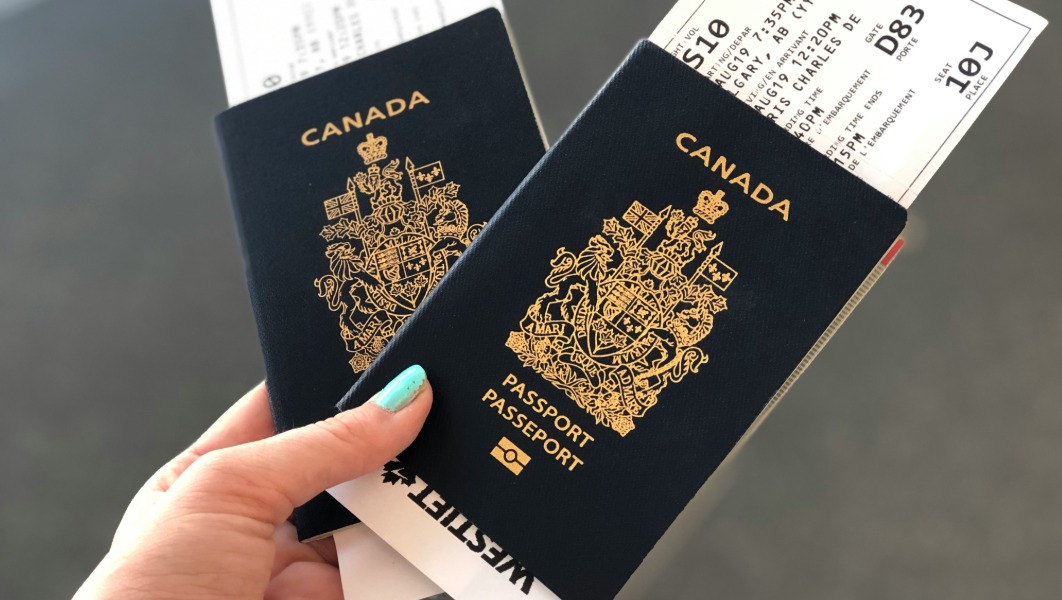Mayday, Mayday!
Usually Canada’s tourism types can find something positive in just about anything relating to the tourism business. It’s a positive industry. It makes dreams come true. Of course, then there’s Ontario’s May 1, 2014 budget.
Tourism Industry Association of Canada (TIAC) president and CEO, David Goldstein doesn’t pull any punches as to the industry’s reaction to the 2014-2015 budget:
“Canada’s travel and tourism industry couldn’t be more disappointed and urge the Ontario Government to reconsider its short-sighted decision to increase the aviation fuel surcharge by 150%.”
And Goldstein continues: “While the rationale may be to increase the tax burden on to visitors to Canada, the reality is that it is Canadian travel and tourism businesses who will pay the price for this $100 million tax hike.”
TIAC’s reaction to the Ontario budget points out that destinations across Canada have taken significant measures to reduce aviation taxes. Since 2008, both Alberta and British Columbia have eliminated their provincial aviation fuel surcharges.
And the industry association’s boss points out that the budget announcement “not only undermines Ontario’s competitiveness, its impacts will be felt by travel and tourism businesses across Canada. Over half of all international Canadian flights arrive and depart through an Ontario hub airport.”
TIAC also points out that in 2002, Canada ranked seventh in the world in terms of welcoming international visitors. By 2012, Canada had dropped to 16th losing nearly 20% of international business to other countries. While there are a number of factors contributing to this loss; the additional costs imposed on air travel, to and within Canada, have contributed significantly.
And according to the Major Economies Forum, Canada’s competitive ranking is 136th out of 140 countries in terms of taxes, fees and levies on travel.
“The big winners in today’s Budget are New York and Michigan whose airports in Syracuse, Buffalo, Niagara Falls and Detroit have been given a larger incentive for Canadians to seek out cheaper airfares. Last year over 5 million Canadians crossed the border to access cheaper flights, taking with them jobs and revenues that would have been realized through return flights to Canadian airports.”á
Go to http:/www.tiac.travel



